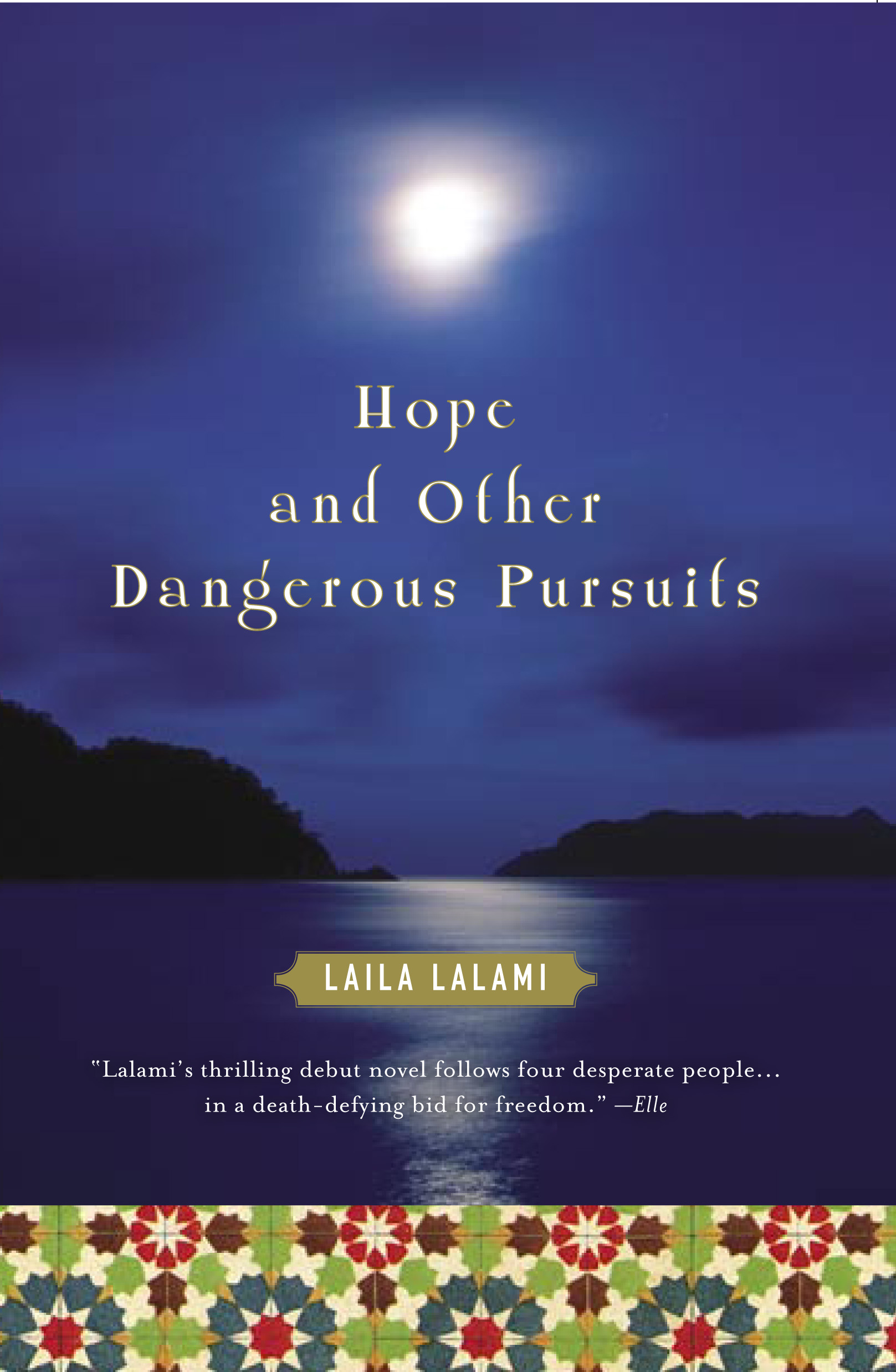News
Writing for the NYTBR, William Logan is not entirely pleased with the choices that David Lehman made for The Oxford book of American Poetry:
The dirty secret of American poetry is that until Whitman and Dickinson it was no damn good, and until the modernists it was not good again. It takes only 10 pages for the new “Oxford Anthology of American Poetry,” edited by David Lehman, to get through the 17th century, and 10 more for the 18th. The whole 19th century takes fewer than 200, and half that is devoted to Whitman and Dickinson. After that, for 900 pages, it is one long diet of the 20th century.
Lehman, though a poet himself, is better known as editor of the annual series “The Best American Poetry” and author of “Signs of the Times,” an attack on deconstructive literary theory. “The Oxford Book of American Verse,” as it was first known, was edited by the distinguished scholar F. O. Matthiessen in 1950 and, as “The New Oxford Book of American Verse,” revised by the equally distinguished Richard Ellmann in 1976. Lehman’s introduction, a good deal of it a defense against his predecessors, lives in a prose world where assumptions are governing, essays seminal and stock always goes sky-high. He’s proud of what he calls the “widening of focus” here, though it’s hard to see why this isn’t just “out of focus” by another name. Matthiessen, as Lehman notes, included 51 poets, and Ellmann 78; Lehman has 210, nearly a quarter of them born between 1940 and 1950. This grotesquely overrates the wartime and baby-boom generation, still an amorphous crowd of genial talent through which Lehman offers no path.
Read it here.
Over at Salon, Stephen Amidon praises Frederick Brown’s biography of Gustave Flaubert:
Perhaps the most valuable accomplishment of Brown’s biography is to situate Flaubert squarely amid his turbulent times, echoing the achievement of the biographer’s 1995 “Zola: A Life.” During Flaubert’s lifetime, France experienced both rapid modernization, seen most readily in Baron Haussmann’s radical re-altering of the Parisian cityscape, and constant political upheaval. Although Flaubert often made noises about being above this historical hubbub, he had a knack for landing himself smack dab in the middle of it. In 1848, a curious Flaubert and Du Camp were actually among the first to enter Tuileries Palace after Louis-Phillipe’s hasty abdication; during the disastrous 1871 war against Prussia, Flaubert was evicted from his beloved lifelong home Croisset by invading German troops, and later attended the court-martial of Communards after their unsuccessful socialist uprising in Paris. Despite being a stridently self-professed ‘bourgeoisophobe,’ however, Flaubert had little time for the revolutionaries. As Brown points out, the author, an “affluent bourgeois sustained by unearned income from [his family’s] farmland, had no use for egalitarian doctrine. Declaring that only three or four hundred men a century has historical weight, he regarded utopian socialism as the worst despotism. Inherently unintelligent was the mass qua mass.”
And in the New York Times Book Review, James Wood offers similar words of appreciation:
Brown’s biography will clearly be the Life for this generation, and it grandly swipes away — mentioning it only in the bibliography — its most recent rival, Geoffrey Wall’s rather academic and Freudian account of five years ago. Unlike Wall, Brown has no obvious agenda (he could in fact have benefited from one in his literary criticism); he simply opens himself up to Flaubert’s colossal contradictions. From his earliest days, Gustave Flaubert was both a romantic and a realist, a dreamer and a debunker. He was the son of the chief surgeon of the hospital in Rouen, and never shied away from looking at unclothed truth: no one ever forgets the grotesque comedy of Charles Bovary’s operation on Hippolyte’s clubfoot. Of “Madame Bovary,” the critic Sainte-Beuve would say in a contemporary review that Flaubert wielded his pen like a scalpel. But he also loved to surrender to romantic flights of fancy, to historical exoticism and erotic Orientalism. He was still unable to read at the age of 7, Brown tells us, because he was so enthralled by a local neighbor, an elderly man who told Gustave tales from “Don Quixote.” “I find all my roots in the book I knew by heart before learning how to read, ‘Don Quixote,’ ” he later said, and indeed the fantasist at war with reality is the dominant note of both “Madame Bovary” and “Sentimental Education.”
The hardcover of Flaubert: A Biography is pretty pricey, so I’ll have to wait until it’s out in paperback to get it.
The Independent reports that Martin Amis’s new collection of stories, House of Meetings, will feature a piece about Mohammed Atta, the 9/11 hijacker:
As explained by his publisher, Jonathan Cape, the tale can be summarised like this: “Accompanied by one of the ‘muscle’ Saudis, Mohamed Atta drove to Portland, Maine, on 10 September 2001. Noone knows why. In ‘The Last Days of Mohamed Atta’, Martin Amis provides a rationale for Atta’s insouciant detour, and for other lacunae in the ‘planes operation’. We follow Atta on that day: from his small-hour awakening in the budget hotel room in Portland, all the way to 8:46am – and beyond.”
If this story’s going to be anything like Updike’s “Varieties of Religious Experience,” then spare me.
Link via the Lit Saloon.
As has been widely reported, Muriel Spark has passed on. She was 88. Maud Newton posted a very nice appreciation of the novelist this weekend, which you should check out.
Oh look! The cover art for the paperback edition of Hope and Other Dangerous Pursuits is here:

The paperback will be released by Harcourt in early October 2006.
